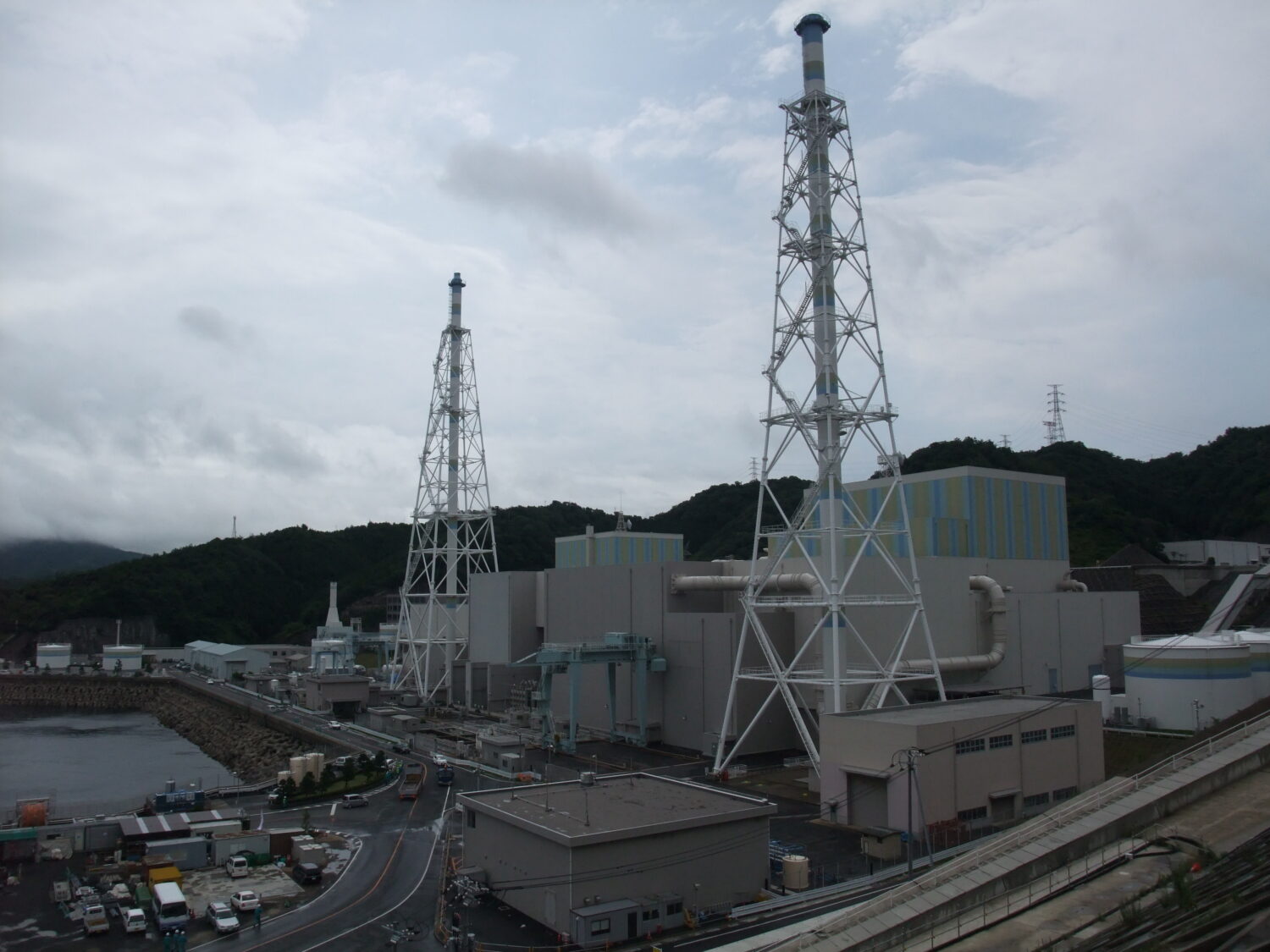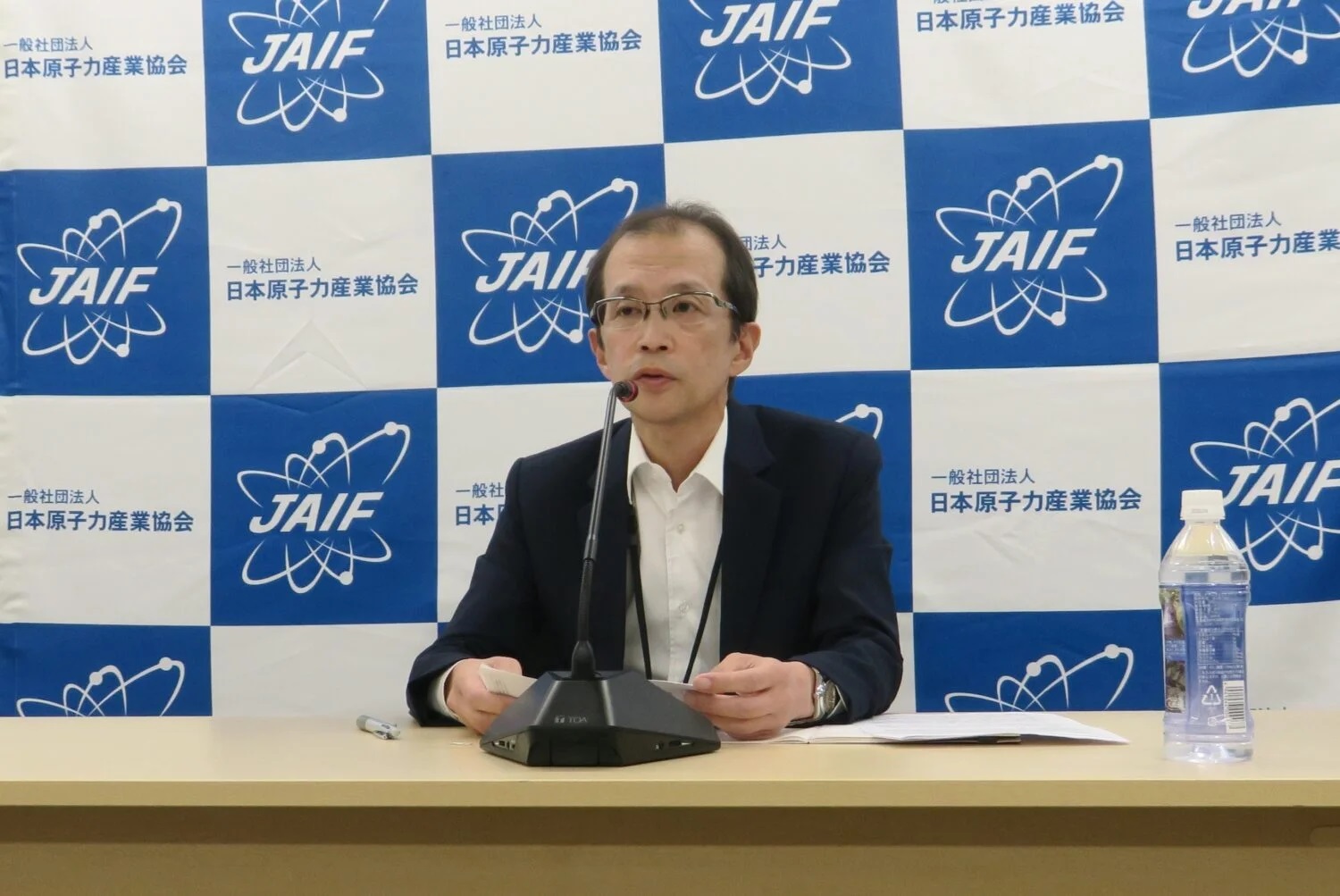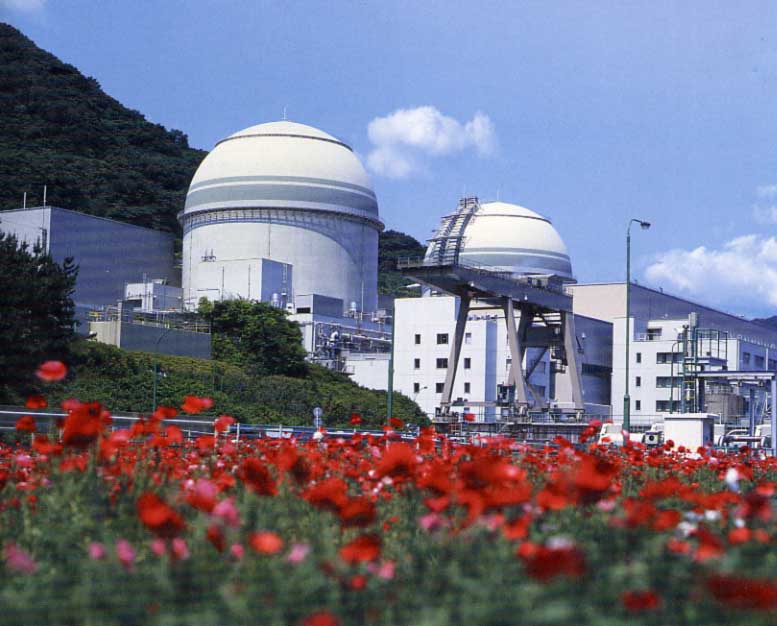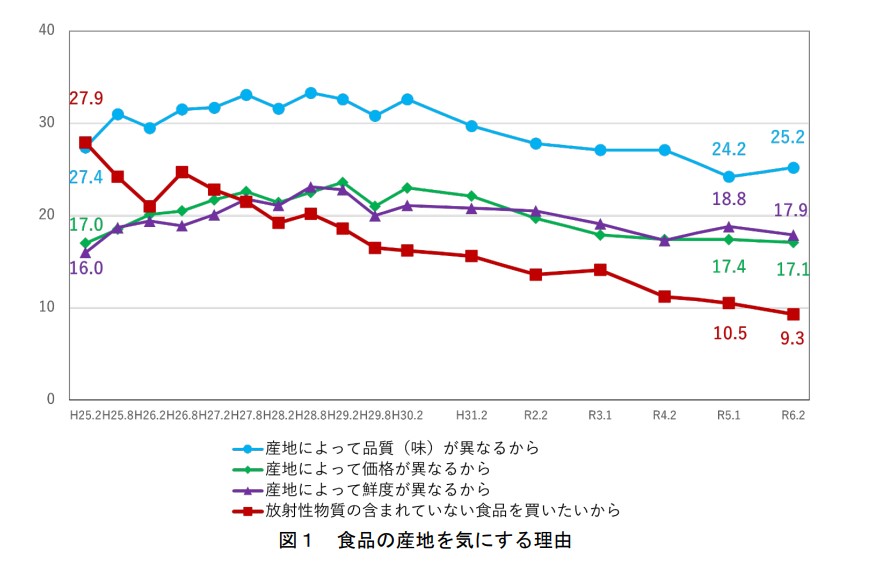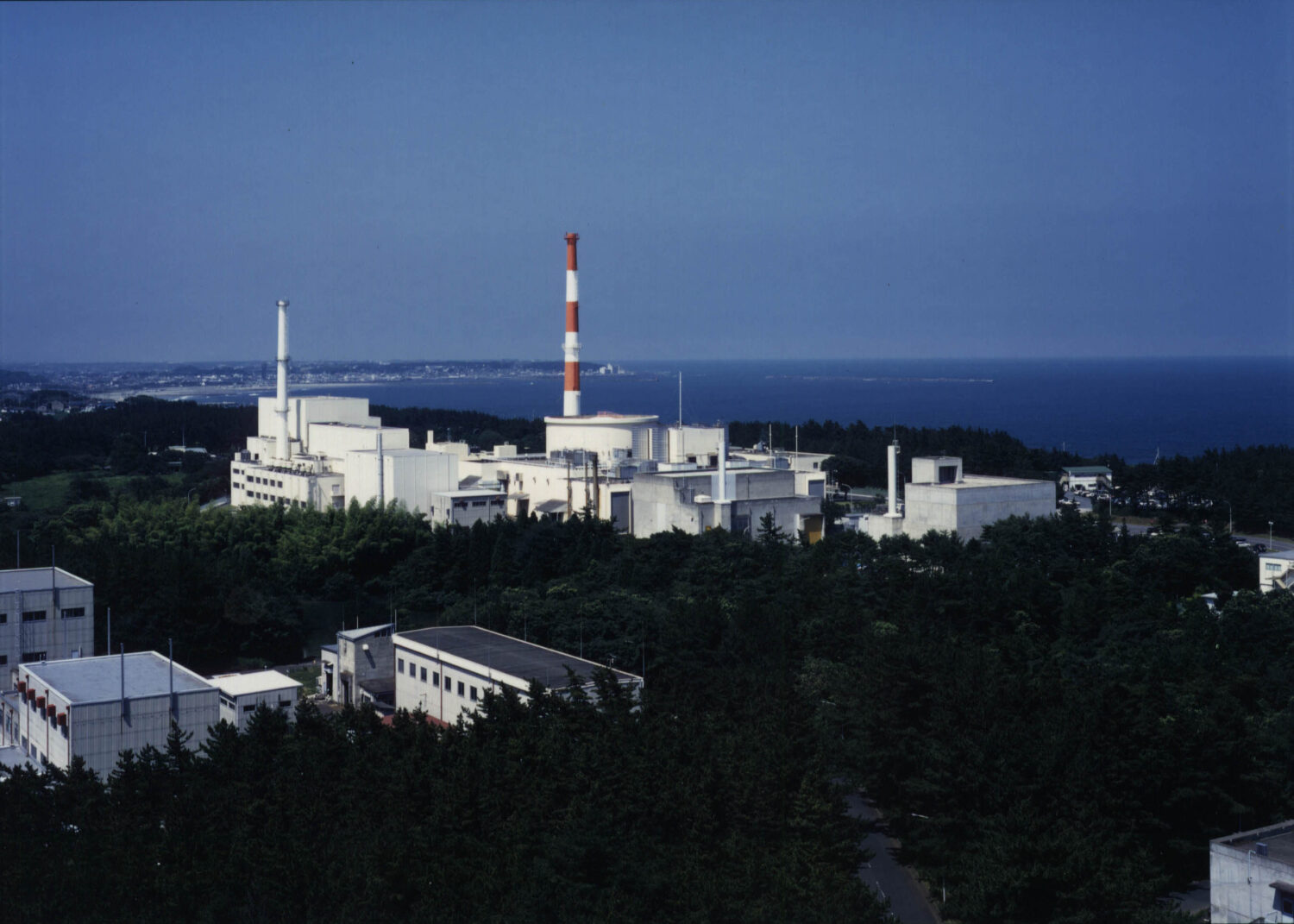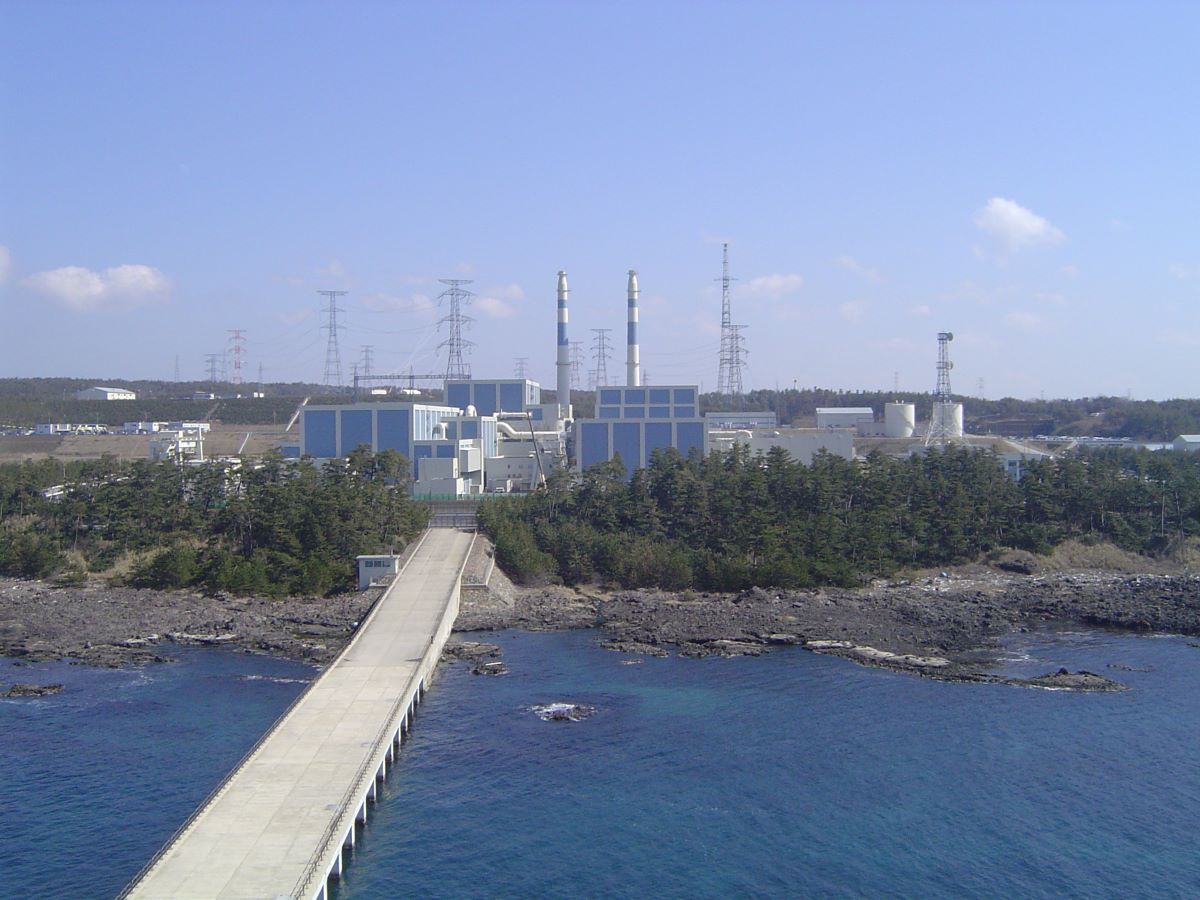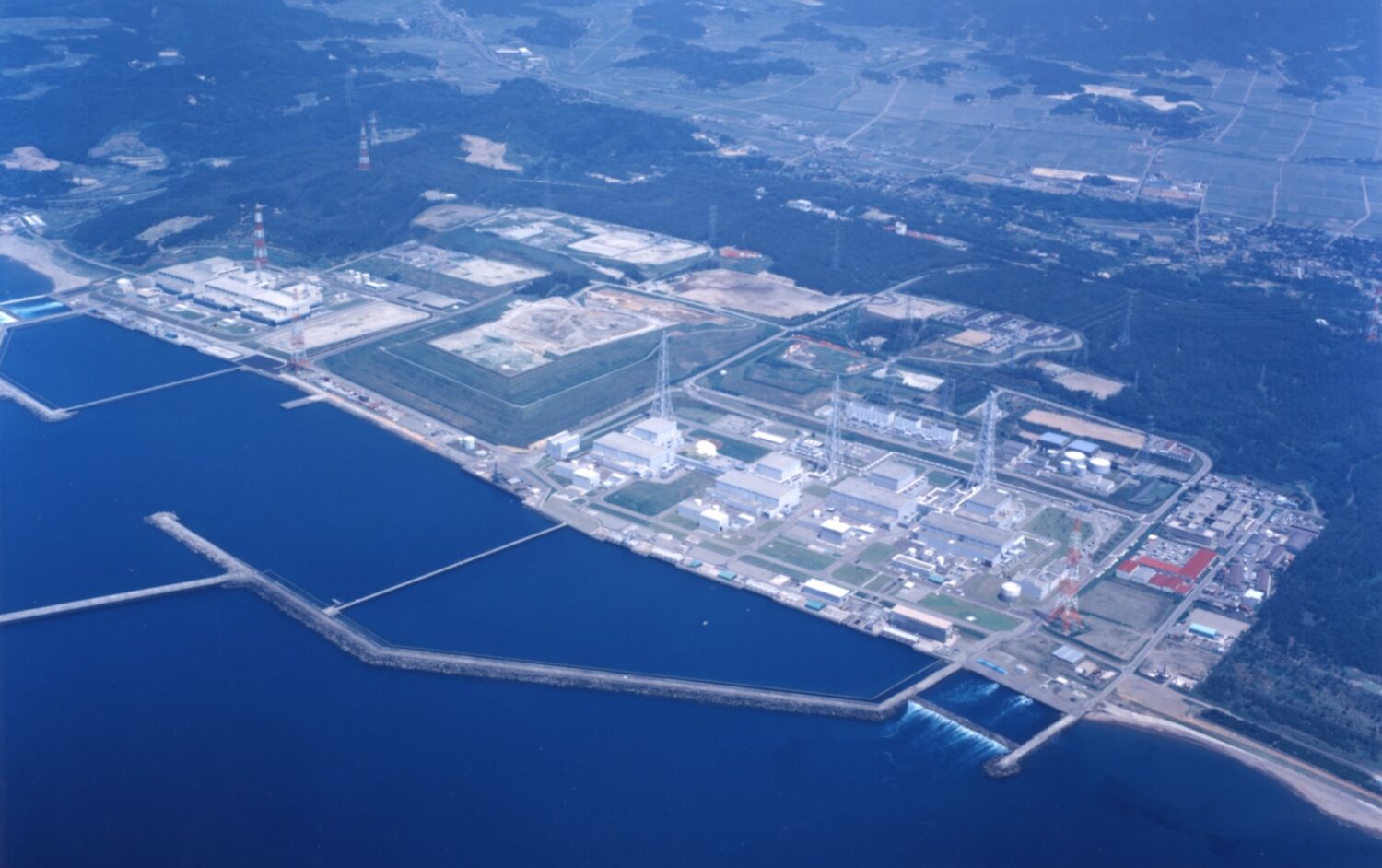Again this year, a written request was presented concerning specific items in the business plan involving the national government and related organizations, including the early realization of the reconstruction of the affected areas in Fukushima, safety regulation and disaster prevention measures, nuclear policy, and measures for siting areas.
Regarding countermeasures against unfounded fears and rumors, a sentence was added to the request this time urging the Japanese national government to actively apply pressure on other countries to persuade them to withdraw or relax regulations on the import of foods whose safety has been scientifically confirmed.
With the decommissioning of nuclear power plants looming large in Japan’s future, other newly added items include the promotion of public understanding of the clearance system and the expansion of related subsidy systems.
Addressing the government officials present at the assembly, Zengenkyo Chairman Fuchigami, on behalf of the siting areas—which have long cooperated in governmental energy policy—said that his first concern was that “future nuclear policy is not clear.”
Among other things, he referred to (1) the possibility of realizing the energy mix, (2) a direction for building new and replacement reactors, and (3) prospects for the nuclear fuel cycle. He then asked the government to listen sincerely to the true wishes of the siting areas, and to reflect them in policy.
Responses were then made by Parliamentary Vice Minister Akimasa Ishikawa of the Ministry of Economy, Trade and Industry (METI), Parliamentary Vice Minister Takaki Shirasuka of the Ministry of Education, Culture, Sports, Science and Technology (MEXT), and Director General Tetsuya Yamamoto for Nuclear Disaster Preparedness within the Cabinet Office, each of whom explained the activities carried out by his relevant ministry.
One of the matters involving the national government and related organizations is the extension of the act dealing with special measures concerning the development of nuclear siting areas, and so forth, which is due to lapse at the end of FY20 (March 31, 2021).
Meanwhile, a guest at the assembly, Hiroyuki Hosoda, a Liberal Democratic Party (LDP) member of the House of Representatives, looked back on his experiences during the creation of the act two decades ago. Demonstrating his enthusiasm for the activities of the council, he stressed the necessity of nuclear energy for the future of humanity.






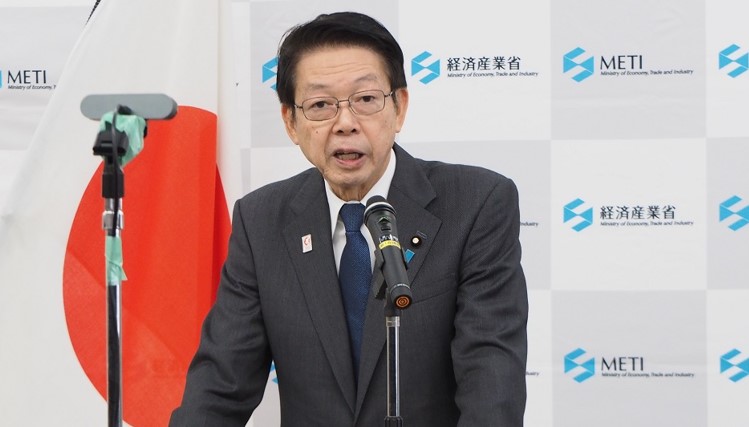

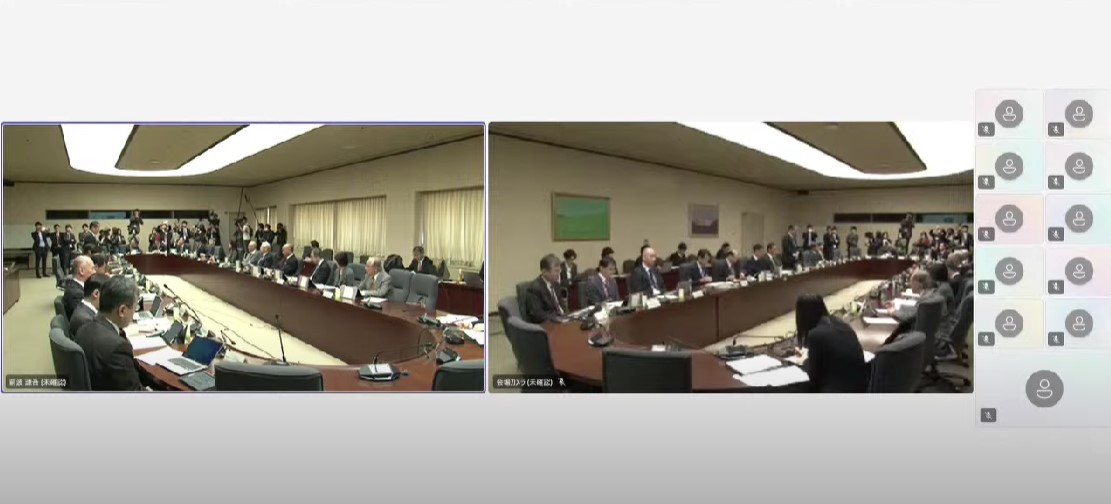
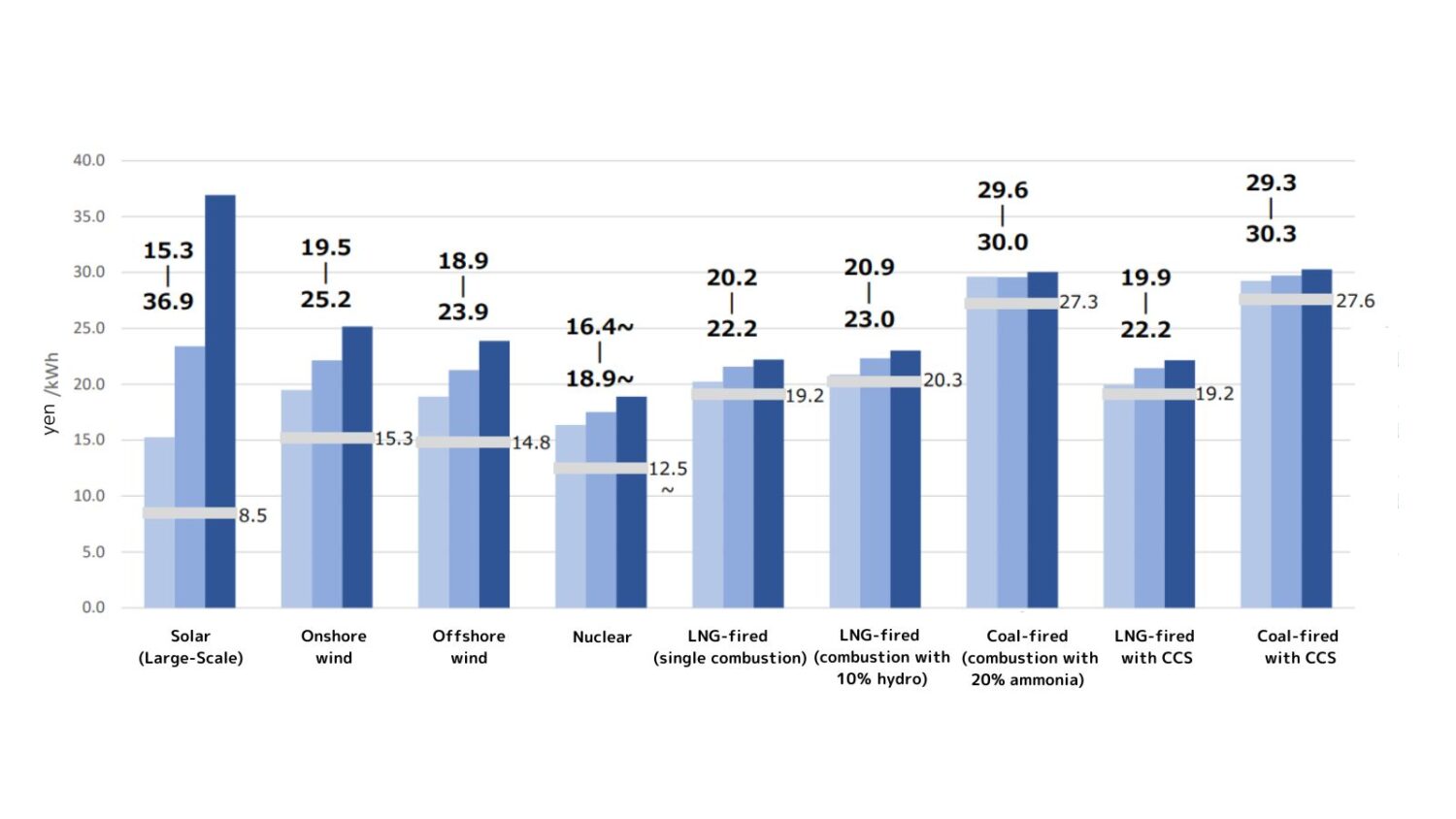
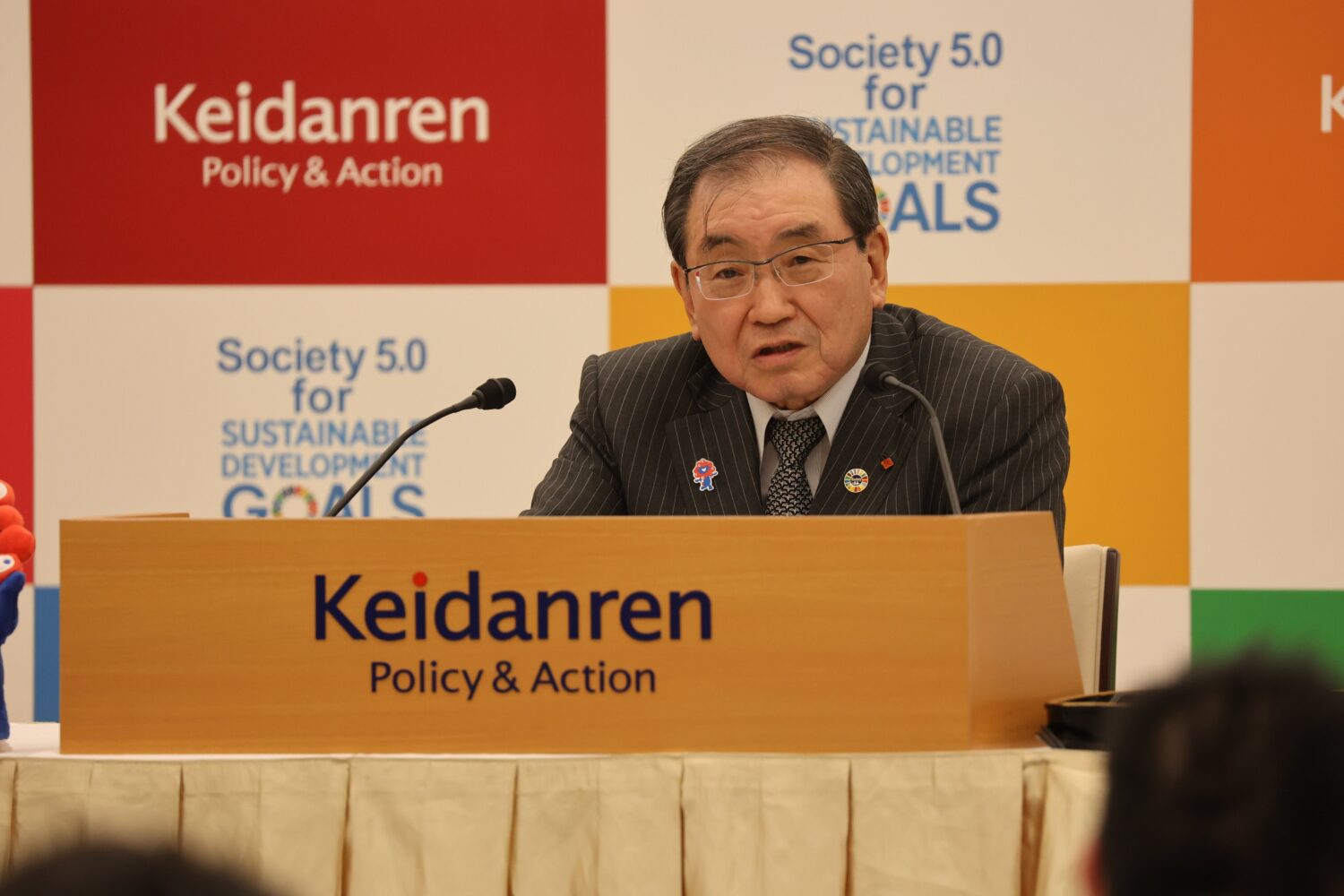

.jpg)
